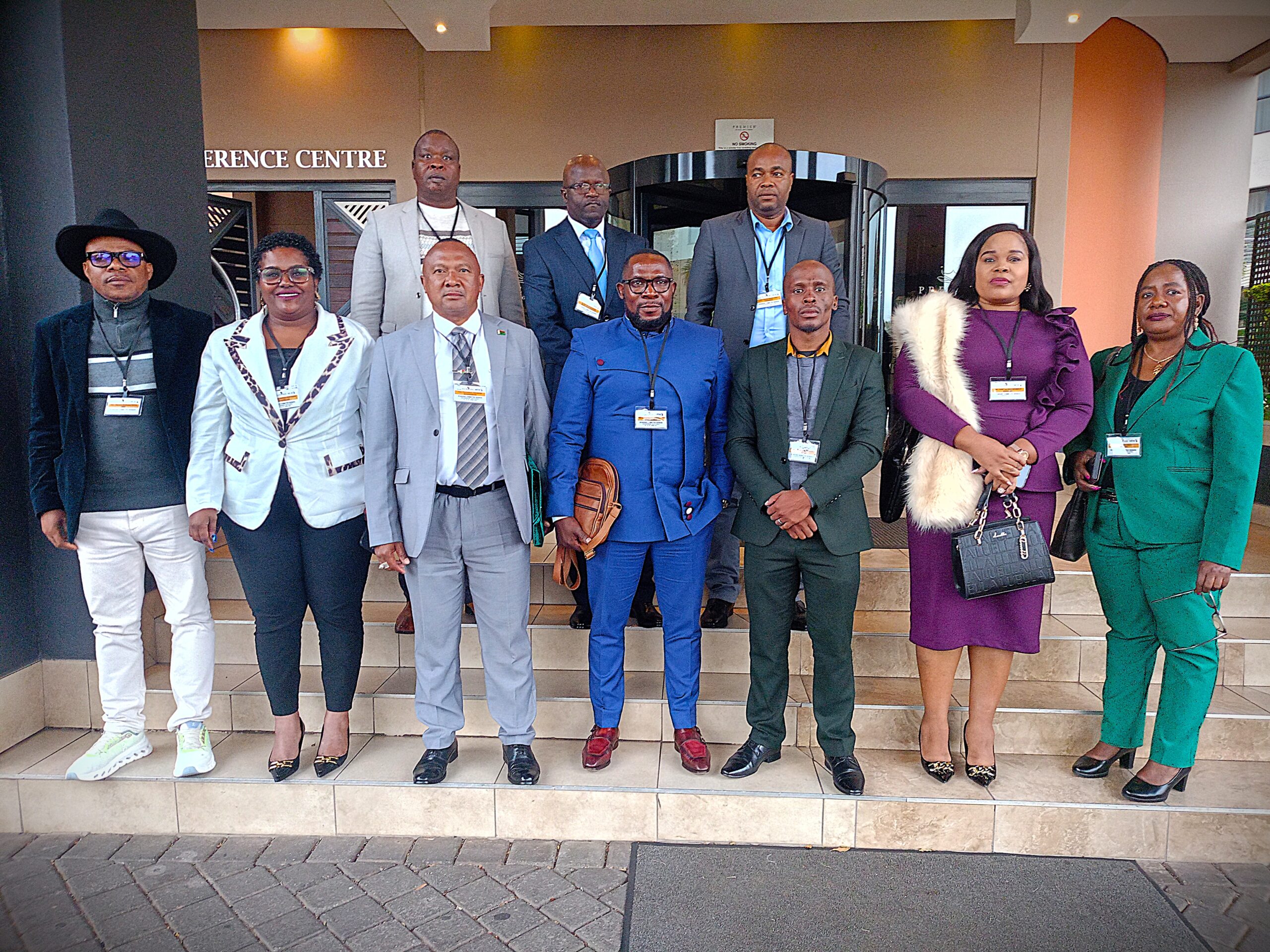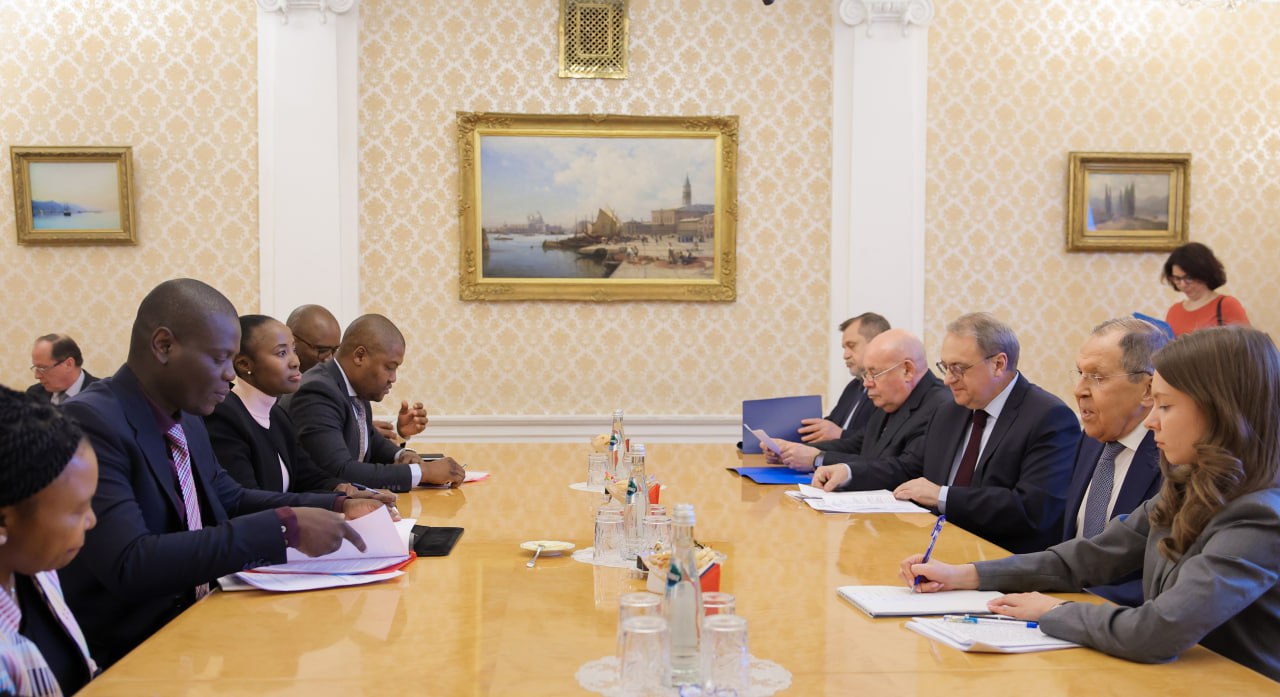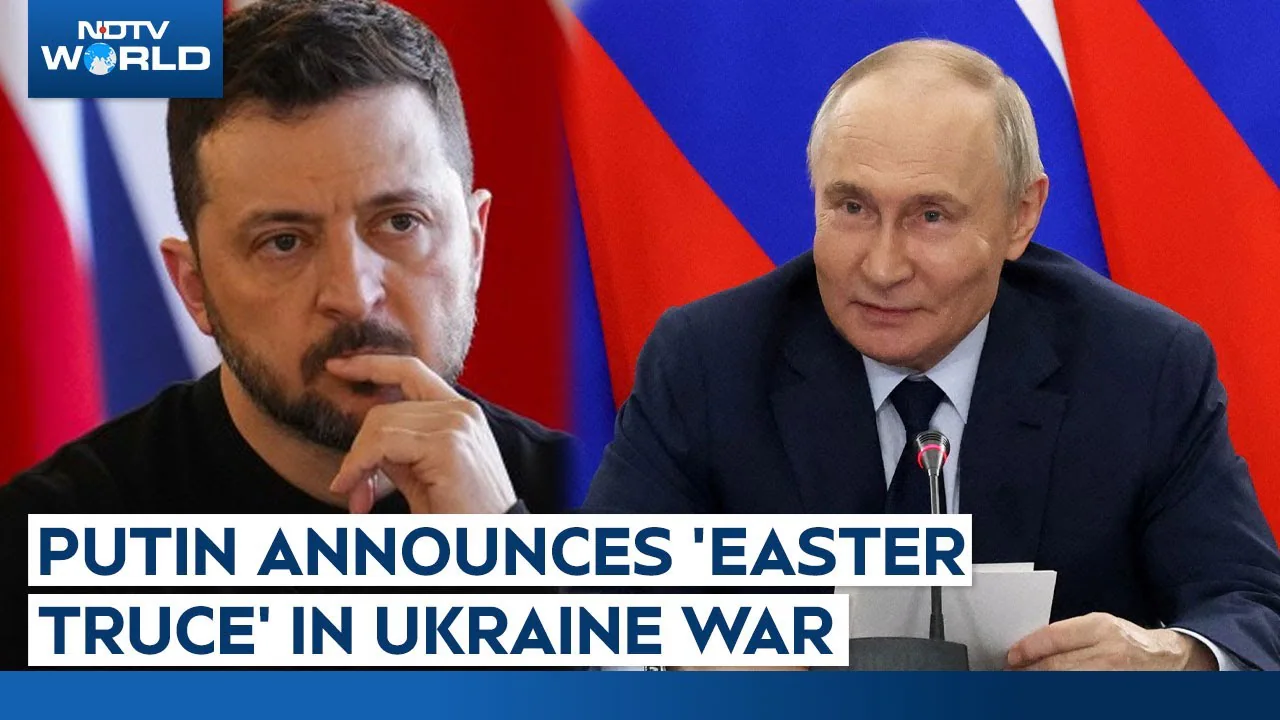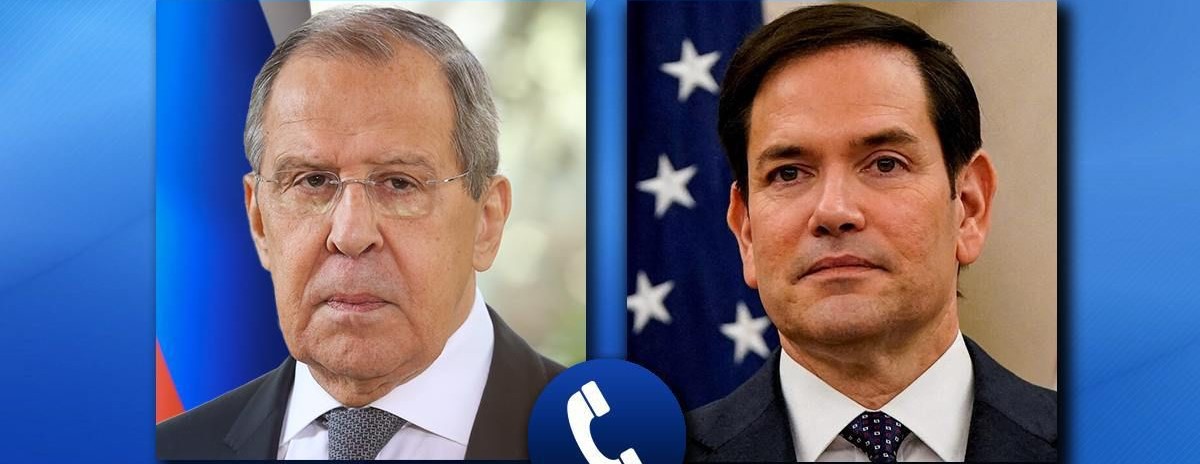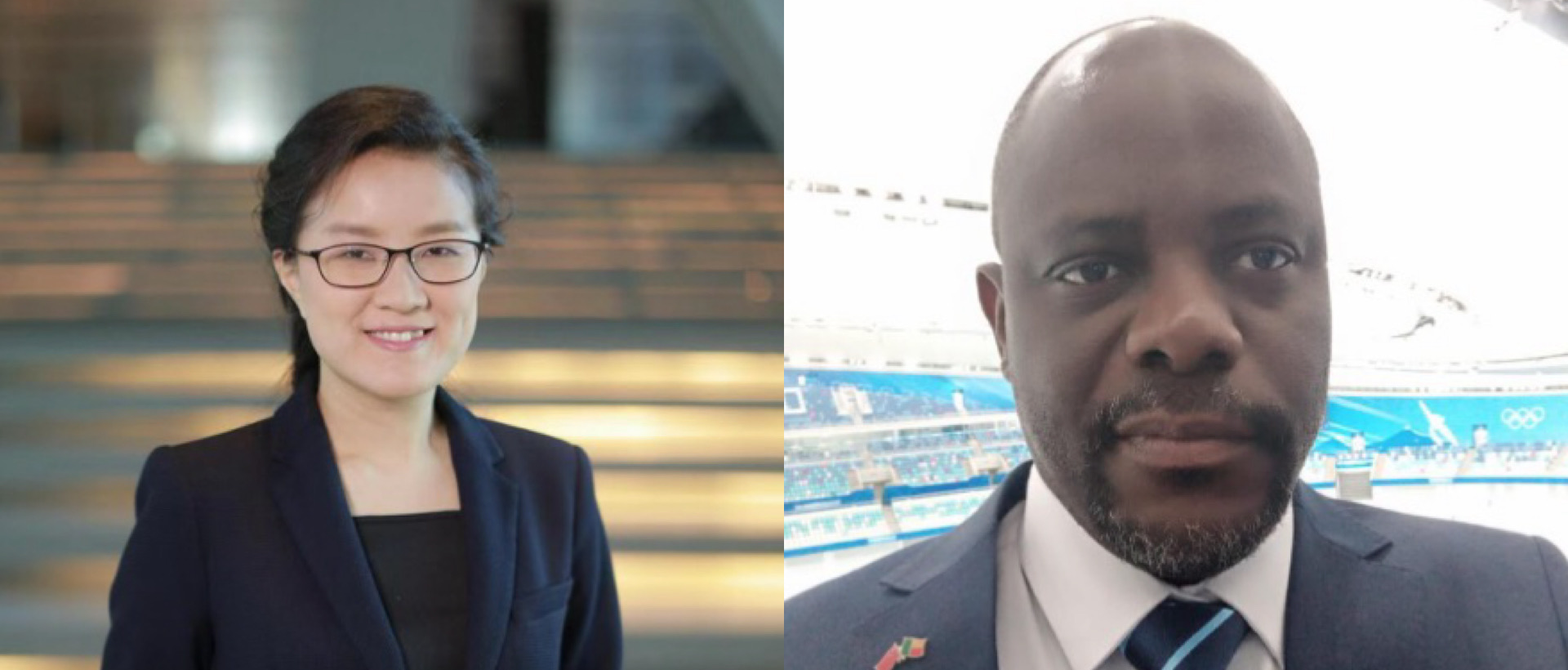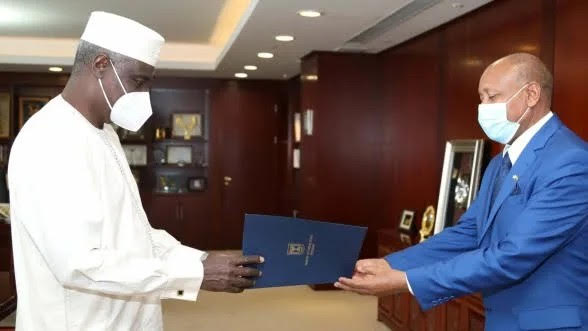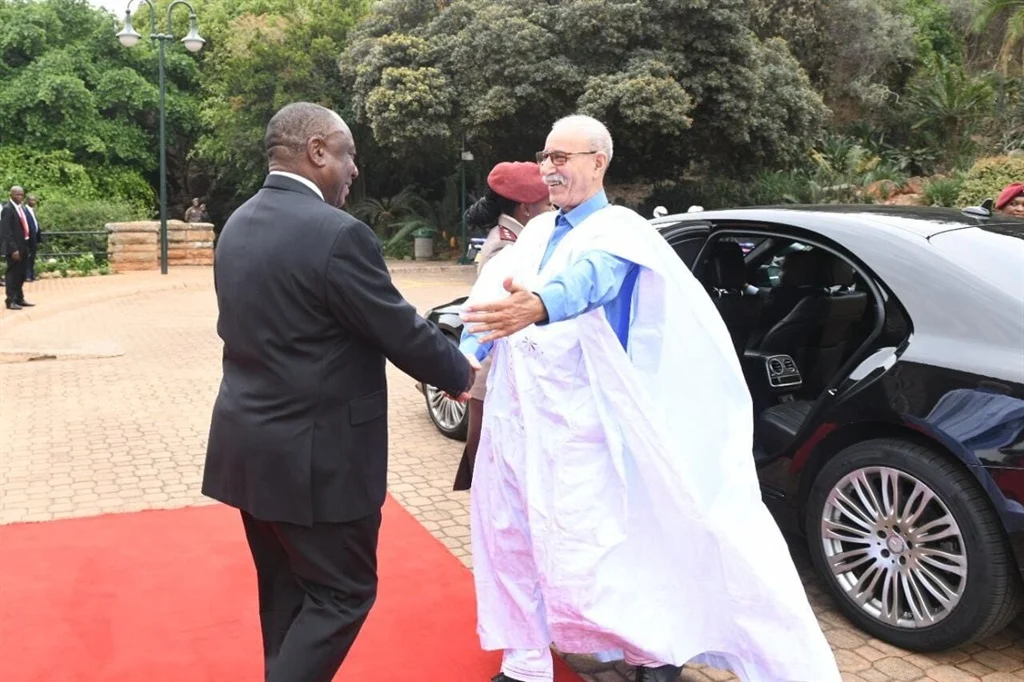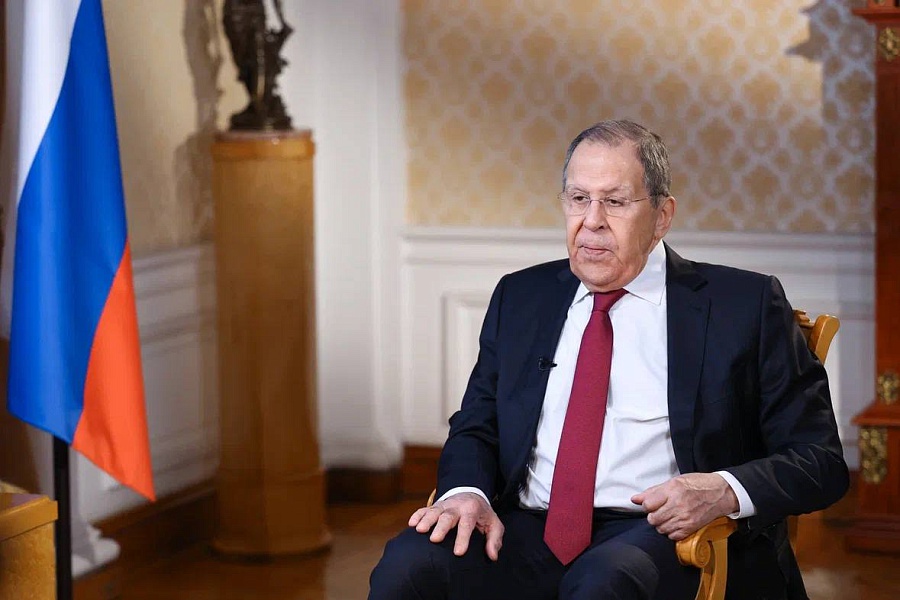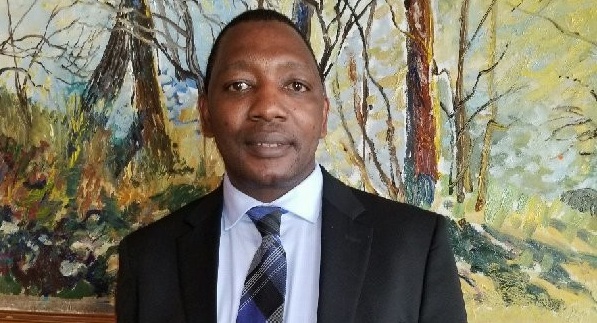
Patrice_Lumumba_signs_the_document_granting_independence_to_the_Congo_next_to_Belgian_Prime_Minister_Gaston_Eyskens
By Mafa Kwanisai Mafa
Introduction
The Democratic Republic of the Congo (DRC) remains one of the world’s most resource-rich yet war-torn countries.

The roots of its turmoil lie in the relentless imperialist aggression that has defined its history from the colonial era to the present.
Today, the DRC is at the centre of a renewed scramble for Africa’s resources, with global powers vying for control over its vast mineral wealth, particularly cobalt and copper.
This essay examines the current imperialist assault on the DRC, with a focus on the Lobito Corridor project, and argues for a revolutionary, Pan-Africanist response to neocolonialism and foreign exploitation.
Drawing from the works of African revolutionaries such as Kwame Nkrumah, Patrice Lumumba, and Amilcar Cabral, as well as international anti-imperialists like Fidel Castro and Che Guevara, this paper asserts that the liberation of the DRC is central to the broader struggle for African self-determination.
Historical Context: Colonialism and the Imperialist Agenda
To understand the current crisis in the DRC, we must revisit its colonial past. The Berlin Conference of 1884-1885 formalised European control over Africa, declaring the Congo a “free territory” for exploitation.
This so-called “free trade” meant unrestrained plundering of its resources, with King Leopold II of Belgium personally profiting from the enslavement of millions of Congolese people.
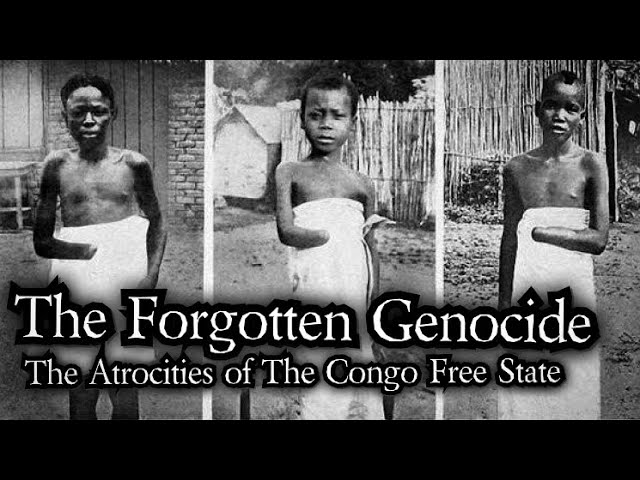
The uranium used in the atomic bombs dropped on Hiroshima and Nagasaki in 1945 was sourced from the DRC, demonstrating the West’s historical reliance on Congolese minerals to maintain global supremacy.
Patrice Lumumba, the first democratically elected Prime Minister of the DRC, sought to liberate his country from imperialist domination.
His assassination in 1961, orchestrated by the CIA and Belgian operatives, ensured that neocolonial forces would maintain their grip on Congolese resources.
As Kwame Nkrumah warned in Neo-Colonialism: The Last Stage of Imperialism, “the essence of neo-colonialism is that the state which is subject to it is, in theory, independent… in reality its economic system and thus its political policy is directed from outside” (Nkrumah, 1965).
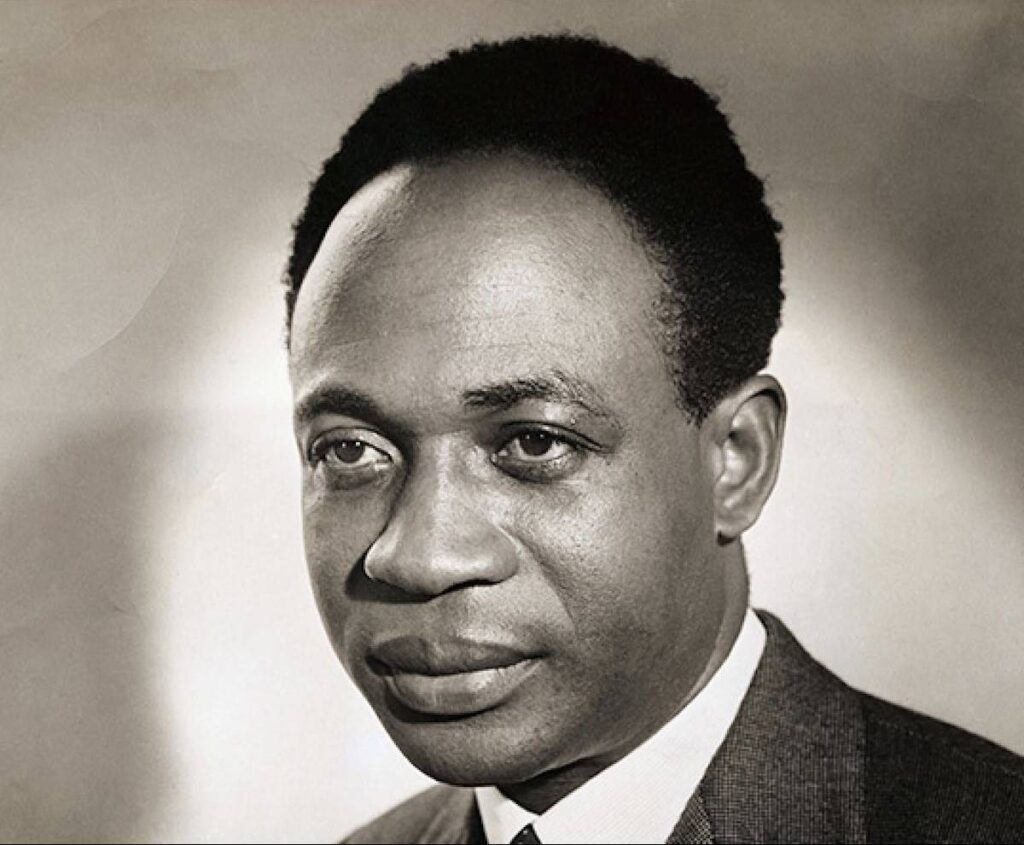
The Lobito Corridor: A New Colonial Railway
The latest imperialist project targeting the DRC is the Lobito Corridor, a railway originally built by the colonial governments of Belgium and Portugal between 1902 and 1929 to facilitate the extraction of copper and cobalt from the DRC and Zambia for European industries.
In September 2023, the U.S. and the European Union announced plans to revive this old colonial railway, under the guise of economic development. However, as history has shown, such initiatives primarily serve Western interests.
The U.S. is the primary investor in the Lobito Corridor, while the European Union will oversee its logistical operations through the Portuguese government.
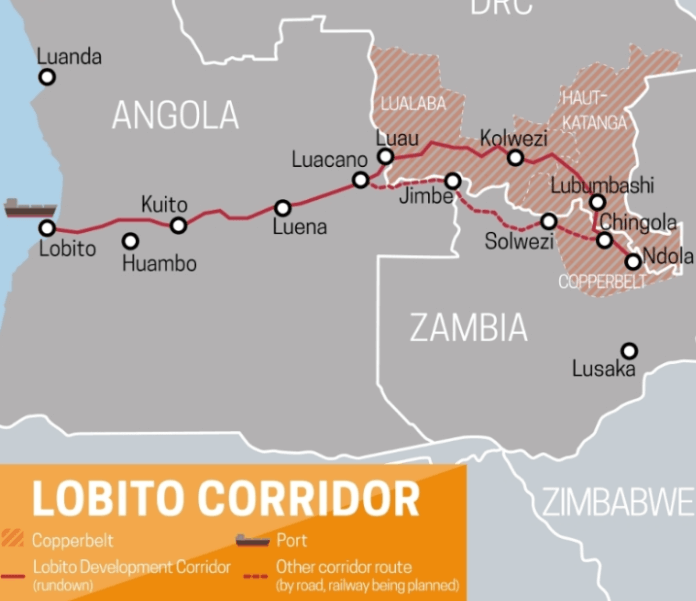
This project is directly aimed at securing access to the DRC’s mineral wealth, particularly the cobalt and copper deposits in the Lualaba province, which account for approximately 70% of the world’s cobalt reserves.
These minerals are essential for modern military technologies and the so-called green energy transition in the West.
As Fidel Castro observed, “Imperialism has no conscience, it has only interests” (Castro, 1973).
The Lobito Corridor represents the latest strategy for ensuring that Congolese wealth continues to fuel Western economic and military dominance while leaving the Congolese people in abject poverty.
Neocolonialism and the African Bourgeoisie
The success of imperialist schemes in Africa has always depended on the complicity of a comprador bourgeoisie—local elites who serve foreign interests at the expense of their people.
The Lobito Corridor is no exception. The governments of the DRC, Zambia, and Angola, under the influence of neocolonial institutions such as the African Development Bank, have fully aligned themselves with this imperialist project.
Angola, in particular, has deepened its military ties with the U.S., receiving $18 million in military aid between 2020 and 2023 and joining the U.S.-led Partnership for Atlantic Cooperation.
Zambia, like the DRC, is rich in copper, yet its people remain impoverished. The continued economic suffering of the Congolese and Zambian masses is a direct result of their leadership’s alignment with foreign interests.
As Amilcar Cabral warned, “Our history is the history of the resistance of our peoples against colonialism and neocolonialism” (Cabral, 1972).
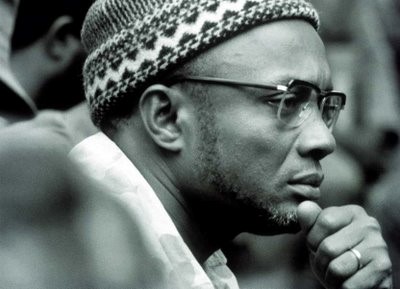
The current political elites in the DRC, Zambia, and Angola are nothing more than modern-day colonial administrators, facilitating the looting of their nations in exchange for personal wealth and political survival.
The Impact on the Congolese People
The people of the DRC have long suffered the consequences of imperialist intervention. From the brutal reign of King Leopold II to the Western-backed dictatorship of Mobutu Sese Seko, and now the chaos of resource-driven conflict, the Congolese people have endured untold suffering.
Today, the expansion of imperialist aggression has displaced hundreds of thousands, forcing them to flee their homes while towns fall under foreign-backed militia control.
The DRC, once known as the breadbasket of Central Africa, is now a battleground where corporations and Western governments fight for control of its vast resources.
Che Guevara, who travelled to the Congo in 1965 to aid the revolutionary struggle, recognized the immense potential of the Congolese people in resisting imperialism.
He stated, “The liberation of the Congo will be the first step in the final struggle for the liberation of Africa” (Guevara, 1965).
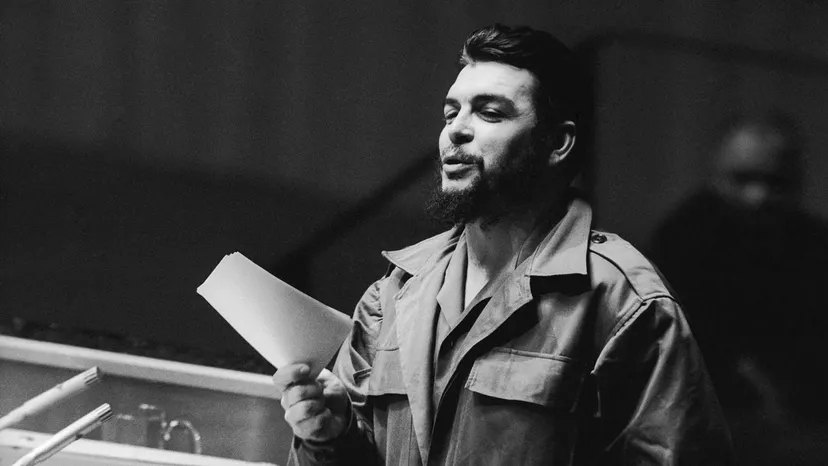
The ongoing exploitation of the DRC is not just a Congolese issue; it is a Pan-African issue that requires collective action from the entire continent and the African diaspora.
The Path to Liberation: Revolutionary Pan-Africanism
The only solution to the continued plundering of the DRC is the organized resistance of the Congolese masses.
This struggle must go beyond protests and negotiations; it must be a revolutionary movement that dismantles the neocolonial state and replaces it with a government truly representative of the people.
As Cabral instructed, “Tell no lies, claim no easy victories” (Cabral, 1965). The road to liberation will be difficult, but it is the only path to true independence.
This revolution cannot be confined to the DRC alone. It must be part of a broader Pan-African struggle. African nations must unite in their resistance to imperialist domination, forming economic and military alliances that prioritize African interests over Western exploitation.
As Lumumba stated in his final letter before his assassination, “The day will come when history will speak… Africa will write its history and it will be a history of glory and dignity” (Lumumba, 1961).
The role of the African diaspora is also critical. Black communities across the world must recognize their shared struggle with the Congolese people and provide ideological and material support.
The global Pan-African movement must work to expose and challenge the corporate and governmental entities profiting from Africa’s exploitation.
Conclusion
The Democratic Republic of the Congo stands at the epicentre of the 21st-century imperialist assault on Africa.
The Lobito Corridor is not a development project; it is a colonial railway designed to perpetuate foreign control over Congolese wealth.
The struggle to liberate the DRC is the struggle to liberate Africa itself.
As Franz Fanon declared, “Each generation must, out of relative obscurity, discover its mission, fulfil it, or betray it” (Fanon, 1961).
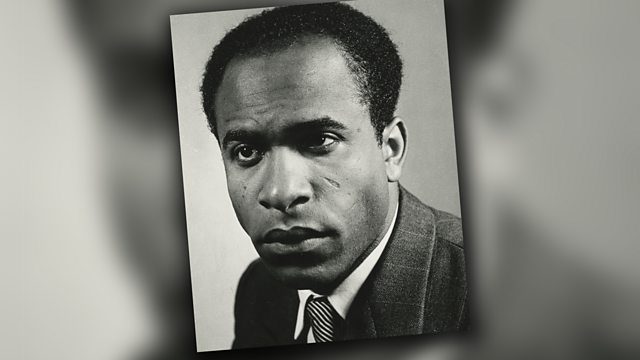
The mission of this generation is clear: to dismantle neocolonialism, overthrow imperialist domination, and secure true sovereignty for the people of the Congo and all of Africa.
The time for action is now. Africa must rise, not as fragmented nations under foreign control, but as a united force, determined to reclaim its wealth, dignity, and destiny.
The fight for the DRC is the fight for all oppressed peoples. Victory lies in revolutionary unity, political consciousness, and unwavering resistance to imperialism in all its forms.
(C) TPA2025

